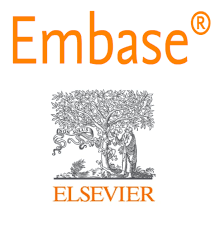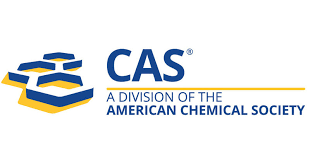A Study on Efficacy of Phenytoin Solution in the Management of Diabetic Foot Ulcer: A clinical Study
Keywords:
Phenytoin, Diabetic foot ulcer, Wound healing, Randomized controlled trial.Abstract
Background: Diabetic foot ulcers (DFUs) remain a major cause of morbidity and amputation worldwide. Topical phenytoin has shown wound-healing potential, but evidence from larger trials is limited. Objective: To evaluate the clinical efficacy and safety of daily topical phenytoin solution compared with conventional normal-saline dressings in adults with Wagner grade I–II DFUs. Methods: In this prospective, parallel-group trial, 104 eligible patients were randomized (1:1) to phenytoin (n = 52) or normal-saline (n = 52) dressing once daily for eight weeks or until complete healing. Primary outcome was percentage reduction in ulcer area at week 8. Secondary outcomes included time to complete epithelialization, proportion completely healed, infection rate, and adverse events. Results: Mean ulcer-area reduction at week 8 was 78.6 ± 19.4 % in the phenytoin group versus 49.2 ± 23.1 % in controls (p < 0.001). Median time to complete healing was 5.3 weeks (IQR 4.6–6.0) in the phenytoin arm versus 7.5 weeks (IQR 6.4–8.6) in controls (HR = 1.92, 95 % CI 1.29–2.84). Complete closure occurred in 36/52 (69.2 %) phenytoin-treated ulcers compared with 22/52 (42.3 %) controls (p = 0.006). No severe adverse events were attributable to study drug; mild perilesional irritation occurred in 3.8 % of phenytoin cases. Conclusion: Daily topical phenytoin solution significantly accelerates healing of Wagner grade I–II DFUs with a favorable safety profile, supporting its use as a low-costadjunct to standard wound care.
.png)









